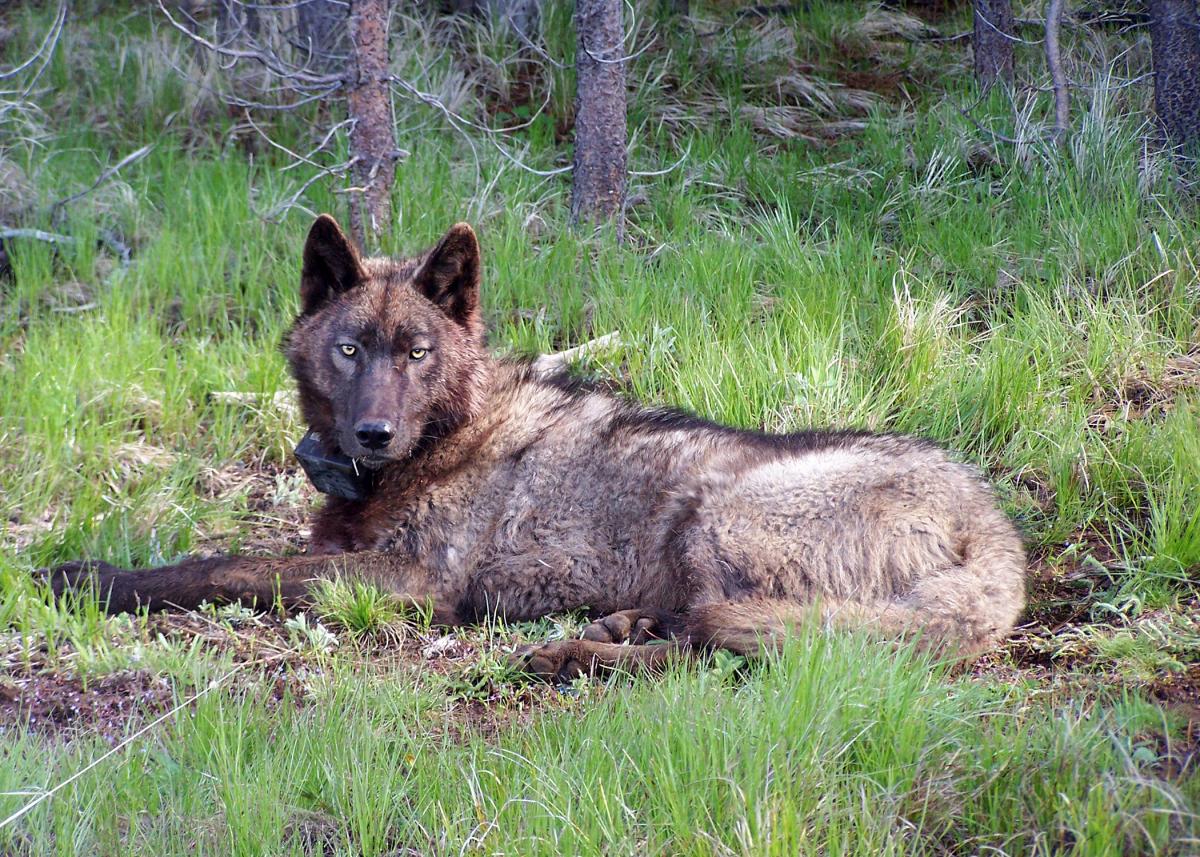Wildlife gets a focus in Oregon's long legislative session
Two critters are getting some attention in Oregon’s long legislative session this year: the wolf and the beaver.
For years, both of these species have been hot topics amongst landowners, ranchers, forest managers, and conservationists as both have endured attempts to eradicate or greatly diminish their existence from private lands for decades, but those tides are shifting as perspectives are expanding on wild spaces being for all life—not just human life—and how some wildlife species could actually help us.
HB 3143 - “The Landowners Living with Beaver bill”
In the recent legislative session, the Oregon House Committee on Agriculture, Land Use, Natural Resources and Water has been reviewing bills that passed their committee.
HB 3143 will establish a grant program within the Oregon Department of Fish & Wildlife (ODFW) through the Oregon Conservation & Recreation Fund (OCRF) to provide funding that supports beaver coexistence strategies for private landowners as needed in a quick and efficient way. This bill is critical because studies are continuing to show concrete evidence of the benefits of living with beavers; from water retention and curbing drought to buffering wildfire to creating habitat for other wildlife species, it’s time we protect beavers in the Beaver State of Oregon.
At this juncture, the bill needs to pass out of this committee with positive support. If bills can demonstrate support from Oregonians, legislators are more likely to move them forward and pass them.
Currently the state lacks any financial support to help landowners live with beavers on their property, especially after the change in “predatory animal” statute. This bill has bipartisan support and we want to see this funding mechanism created to support clean water and healthy watersheds.
HB 3932 - the “beaver and water quality bill”
Over 100,000 miles of Oregon’s waterways have been classified as "in poor health" due to pollution, sedimentation, or high water temperatures. Oregon’s Department of Environmental Quality is required to restore these waterways, but to do so requires significant resources to design and implement plans to reduce this pollution. Fortunately, beavers can help do it for free!
HB 3932 supports watershed health and would close beaver hunting and trapping in waterways on public lands already classified as impaired so beavers in these areas are safe to do their thing (aka improve water quality and restore habitat). Note: This is not an “anti-hunting” bill as it still allows hunting of beavers on private lands.
Recently, HB 3932 passed the House Floor and now moves to the Senate. We will continue to track this bill and update our supporters via email as we know more about ways you can take action and help advance beaver-related legislation. You can sign up for our email action alerts here to stay in the know about ways you can take action for Oregon’s wildlife!
SB 777 - The “Bad Wolf Bill”
Senate Bill 777 is bad news for Oregon’s wolf population, and it could set back wolf recovery if changes are not made to the bill. SB 777 is focused on Oregon’s Wolf Predation Loss Compensation Program, which has received broad support over the years in its efforts to reduce conflicts with wolves. Farmers and ranchers are currently compensated at fair market value for any livestock or guardian dog losses due to wolf predation, but SB 777 sets a new standard at 5 times the current amount of compensation.
Since the beginning of this 2025 legislative session KS Wild has been advocating for sweeping changes to SB 777, because of its potential to limit funding for non-lethal management and investments. Over the past few years, as much as 80% of payouts to ranchers in the loss program have supported efforts to improve non-lethal measures. SB 777 would change that significantly and only require 50% of funds to go towards non-lethal. The way that SB 777 is written, we could see the Wolf Predation Loss Compensation Program raided by a small number of counties, leaving a huge gap for others to address non-lethal management techniques in wolf country.
Our recent action alert to Representative Pam Marsh addresses some of these concerns, and KS Wild will keep working with interested parties to strike balance for wolf management and compensation for losses. Our hope is that wildlife conservation groups and agricultural community members will reengage in deeper conversations and explore ways to improve the Wolf Depredation Loss Compensation Program.
Stay in the loop!
Sign up for our email updates to be the first to know about upcoming wildlife conservation-related legislation and how YOU can speak up for the species that we coexist with here in the Klamath-Siskiyou bioregion!




